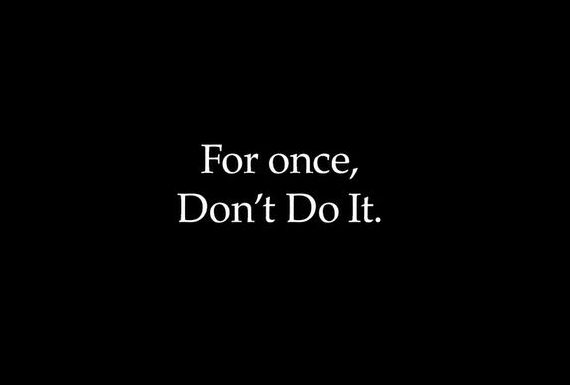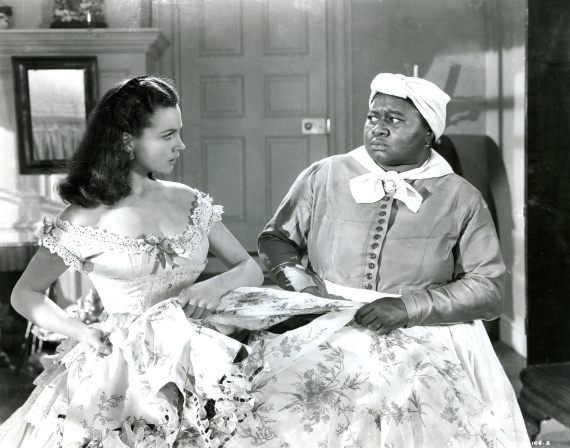In a previous article, I discussed the relevance that purpose is acquiring for businesses. It stated that, beyond generating shareholder value, a company’s purpose should include some goal with social impact (environmental sustainability, improvement of human well-being, …). I raised a question that has been bothering me for a long time: Choosing goals of social impact or taking a stance on a current topic of debate (gender, nationalism, race, sustainability …) can alienate certain groups of clients, employees or investors, people who may not feel identified with that social purpose or simply consider that it goes against their political ideas. The consequences of this disaffection may lead some individuals to stop consuming or to call for a boycott on products of a particular company, employees to leave the company or investors to cancel investments. A praiseworthy purpose can be interpreted as an affront by certain groups of people and translate into a loss of value for the company.

To explain my concern, I am going to place companies in the context in which they currently operate and of which they are an active part. I’m not discovering anything new when I say that, in addition to being in the midst of an exceptional situation due to the effects of the pandemic, for the past few years we’ve been witnessing how polarization and social confrontation have worsened. It is not my intent to throw myself into the debate about where is all this polarization coming from, but I do wish to dwell on an aspect that I believe is essential: the increasing “moralization” and rule of subjectivity in politics.
The foundations of governance of modern democratic societies were built on a number of elements, including two assumptions: the separation between morality and politics and the establishment of a pact or “basic rules of coexistence”. These rules comprise an agreement on the principles of coexistence, reflected in the constitutions, and a set of procedures or institutions to establish laws and enforce their compliance. The separation between morals and politics allowed us to consolidate some freedoms that today we see as fundamental: Morality was therefore confined to the realm of the individual and, in doing so, no one was excluded from political participation because of their moral convictions. People understood that a plurality of moral options existed and gave up on violence as a means to impose them, and that conflicts should be solved through rational discussion and the procedures established by law.
However, in many Western nations, social division has been on the rise for the decades now, threatening the basic consensus that pieced them together. In my opinion, the moralization of politics has a lot to do with this. In one of its meanings, morality determines what is right and what is wrong, it is a compass for our actions and the way we engage with the world. There is a vast variety of moral codes or hierarchies of values, theoretically as many as individuals, since it is individuals who decide the set of moral norms they will follow. It seems obvious that if our aspiration is to coexist we need to respect positions opposite to ours, since it is impossible to boil down all existing moral norms to a single code. Therefore, people should not be censored or “canceled” because of the morality they uphold and neither should they feel “offended or hurt in their sensibility” by those who do not agree with said morality. Freedom of expression must be preserved. Only the law and the judges can limit freedom of expression in very specific cases, such as the glorification of terrorism or similar.
The advancement of democratic societies was made possible when we stopped judging others as “good” or “bad” based on the simple fact that held differing opinions. I can hold a different opinion about the need or not for higher taxes, for building hospitals or schools, for spending more on ecological transition or on the fight against poverty, I can believe that religion is necessary or not, but I must always respect different opinions and refrain from qualifying other individuals as “good” or “bad” based on whether they do or do not pose a challenge my moral codes or my feelings. It is ideas that should be criticized, not people.
One of the causes of the progressive moralization of politics in recent decades has been the increasing economic capacity of governments to decide how to redistribute wealth in society. What issues should we prioritize and what amounts of funding should be allocated to them?: the poor or immigrants? The young or the old?; The fight against climate change or healthcare?; Agriculture or the automaker industry?; To film or live theater? When resources are scarce, prioritizing becomes necessary, and prioritizing requires establishing a set of criteria, and it is in this criteria wherein the order of what is better or more preferable is established, or in other words, a prior moral criterion. In Western societies, current social demands have grown to such an extent that it is now impossible to satisfy them with the available resources. The consequence is the growing dissatisfaction that’s been building up among many groups, which conclude that the “system doesn’t work.”
Something similar is happening in large companies. By positioning themselves in the social debate seeking stakeholder approval (customers, employees, suppliers, communities, government, …), many companies are being forced to prioritize based on moral criteria to justify their choices. In principle, this should be perfectly fine, since we are talking about private entities. But in the current scenario, clients, employees and society in general may consider that a company’s moral option does not fit theirs and, therefore, decide to discredit and censor its actions. It is easy to find recent examples of how these stakeholders can force a company to alter its business strategy or to adopt a political stance.

Perhaps the most recent example was the confrontation between people who were in favor and against censorship applied on social media websites such as Twitter and Facebook, on views regarding certain political or health issues and, in general, as these platforms have stated, issues that generate “social unrest”. Thus, two companies that originally built as mere platforms for communicating, have been forced to adopt a moral code, whatever it may be. Even today it remains unclear whether or not they are breaching fundamental rights such as freedom of expression. If we take a look at the foundations of a democratic state, law enforcement is only expected to take action in case a statement is allegedly contravening any applicable laws. In such case, it is judges who are entrusted to determine whether the statement constitutes a criminal offense and should be blocked or the corresponding penalties imposed.
Other examples concerning film are the controversies involving the Disney+ streaming service regarding not allowing minors to access certain movies or the alteration of scenes. A recent case was HBO’s decision to remove “Gone with the wind” from its streaming offering after the Los Angeles Times published an article by filmmaker John Ridley. HBO Max agreed to reinstate the film on its roster due to increasing pressure from Warner Media and other film companies, but subject to the inclusion of a disclaimer explaining historical context of the film. Both events stirred a controversy that involved clients, critics, businessmen and other groups, some in favor and others against.
Similarly, in January of this year news emerged about the creation of Google’s first union, Alphabet Workers Union. As the union states on its webpage, its purpose is to: “promote solidarity, democracy, and social and economic justice,” evidencing that the scope of action of the union far exceeds labor-related matters, to propose its active involvement in social and political debates . As the union itself states: “we shouldn’t have to choose between our values and being well-paid for doing valuable work. It’s not either-or; we can have both”. Not only does this purpose encompass initiatives to stand up for the end of discrimination or the fight against sexual harassment, but also campaigns against the “business of war”, the misuse of Artificial Intelligence (weapons or surveillance) or not selling technology to the police departments and stopping current contracts with companies involved in racism.
Another example that sparked controversy involved Amazon Employees for Climate Justice, an employee platform. This group champions a number of causes related to environmental sustainability, racism and social justice. It recently called upon Amazon’s senior management to stop collaborating with fossil fuel companies and to fight against what they call “environmental racism.”
Until recently, companies were seen as organizations, where moral, political, or ideological preferences were kept in the private sphere. The political, religious or ideological beliefs of clients, employees and the rest of the economic actors were unknown and did not matter, the relationship was based exclusively on the pursuit of a mutual benefit. With the introduction of social purposes in companies and in view of the examples mentioned, are we entering a new stage of “moralization” and “politicization” in the business environment? Should top management of companies take into account the sensitivities of all groups of employees, clients and communities? Should employees, when hired, embrace an ideology championed by company’s management?

In my opinion, many companies are going to be pressured to embrace a cause of social impact or outright forced to take a stance regarding issues that are part of the social debate and then to justify said stance. And, of course, their position will have an impact on their income statements, because they will lose part of their customers, employees or investors. In this environment, ideological biases may condition companies’ returns and success.
I believe that one way that companies will have to preserve the credibility of their social purposes will be to defend their choice with the force of data, facts, rational arguments and, above all, without imposing a specific ideology or morality. Only by challenging biases, often unconscious, and intolerance, can companies continue to contribute to the improvement of people’s living conditions.
Therefore, it will be necessary to gauge very well the impact of decisions on social issues, being aware that when it comes to moral options, there is no one-size-fits-all. Only a strong statement about the respect for freedom of conscience and speech should be seen as a valid ethical behavior for all humanity. Probably, Isaiah Berlin managed to find the most lucid way to put this idea into words: “To realize the relative validity of one’s convictions” said an admirable author of our time “and yet stand for them unflinchingly is what distinguishes a civilized man from a barbarian.”[1].
José Marín Huelves
[1] Isaiah Berlin, “Two concepts of freedom”, Alliance, 2014. The author Berlin refers to in his quote is Joseph Schumpeter, taken from “Capitalism, socialism and democrac
Comments on this publication